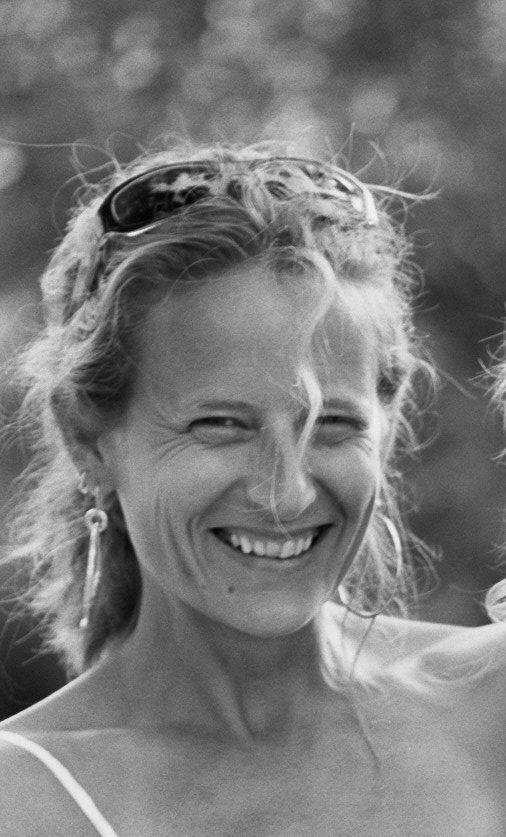Eulàlia de Nadal (1972, Barcelona) graduated in Veterinary Medicine in 1995 from the University Autònoma de Barcelona and received her Ph.D. degree in 2000 from the same university. She then worked as a postdoc researcher (‘Ramón y Cajal’) at the University of Pompeu Fabra (UPF) and at the ETH (Zürich, Switzerland). From 2008 to 2016, she was Associate Professor of Biochemistry and Molecular Biology at the Department of Experimental and Health Sciences (DCEXS) at the UPF. Since 2017, she has been a Full Professor at the same University. She was the vice-rector at the DCEXS of the UPF (2015-19) and currently Vicerector of knowledge transfer at the UPF. She has led the Cell Signaling research group there since 2005. In 2018, this group moved to the Institute for Research in Biomedicine (IRB Barcelona), where she is an Affiliated Principal Investigator. She has published more than 60 articles, 44 of which correspond to the last 10 years. She received the ICREA ACADEMIA award in 2012.
Research interests
The Cell Signaling group is the synergy of two teams led by two principal investigators who came together to work in close collaboration and become more competitive. This consortium shares a common interest in the characterization of stress responses in eukaryotic cells, using yeast and mammalian cells as model organisms. We have focused our studies on the properties of the signaling process mediated by the p38/Hog1 stress-activated protein kinases (SAPKs), the characterization of biological targets, and the study of the cellular responses necessary for adaptation to stress, such as cell cycle regulation and gene expression. Eulàlia de Nadal has specifically focused on the regulation of transcription in response to stress as well in the characterization of the biological targets for SAPK action.
Keywords
Cellular stress, Gene expression, Chromatin, SAPKs, Signal transduction, Cell cycle progression
